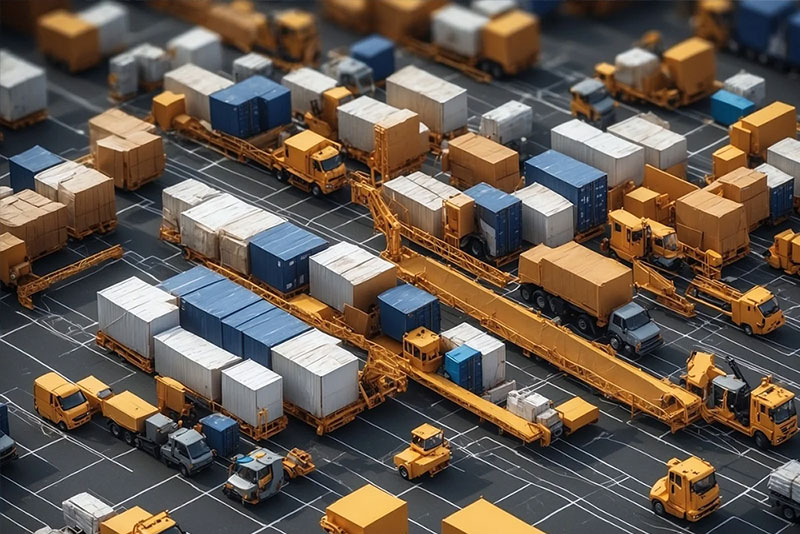In today's interconnected world, businesses face increasing pressure to streamline their supply chains and enhance operational efficiency. This is where Global Logistics Optimization plays a pivotal role, offering strategic solutions to meet these challenges head-on.

Global logistics optimization involves leveraging advanced technology and analytics to optimize the entire supply chain process, from procurement to delivery. By integrating data-driven insights, businesses can make informed decisions that reduce costs, minimize delays, and improve overall customer satisfaction.

Key components of Global Logistics Optimization include:
- Route Optimization: Utilizing real-time data to determine the most efficient shipping routes, thereby reducing transit times and fuel consumption.
- Inventory Management: Implementing just-in-time inventory practices to minimize stock holding costs while ensuring products are readily available.
- Warehouse Efficiency: Optimizing warehouse layout and operations to reduce picking and packing times, leading to faster order fulfillment.
- Supplier Collaboration: Strengthening relationships with suppliers through effective communication and shared data, improving supply chain resilience.
By adopting Global Logistics Optimization strategies, businesses can achieve significant competitive advantages. They can respond more swiftly to market demands, mitigate risks associated with supply chain disruptions, and enhance overall operational agility.
Moreover, the integration of artificial intelligence and machine learning in logistics optimization enables predictive analytics. This capability forecasts demand fluctuations and identifies potential bottlenecks before they impact operations, allowing for proactive adjustments.

For multinational corporations, Global Logistics Optimization offers standardized processes across different regions, promoting consistency and compliance with international regulations. This uniformity not only enhances efficiency but also reduces complexities associated with cross-border logistics.
As technology continues to evolve, so too will the landscape of Global Logistics Optimization. Future advancements may include autonomous vehicles for last-mile delivery, blockchain for enhanced supply chain transparency, and even more sophisticated AI algorithms for predictive maintenance.
In conclusion, Global Logistics Optimization represents a transformative approach to supply chain management. By harnessing innovation and strategic insights, businesses can optimize their global operations, drive growth, and deliver unparalleled value to customers.